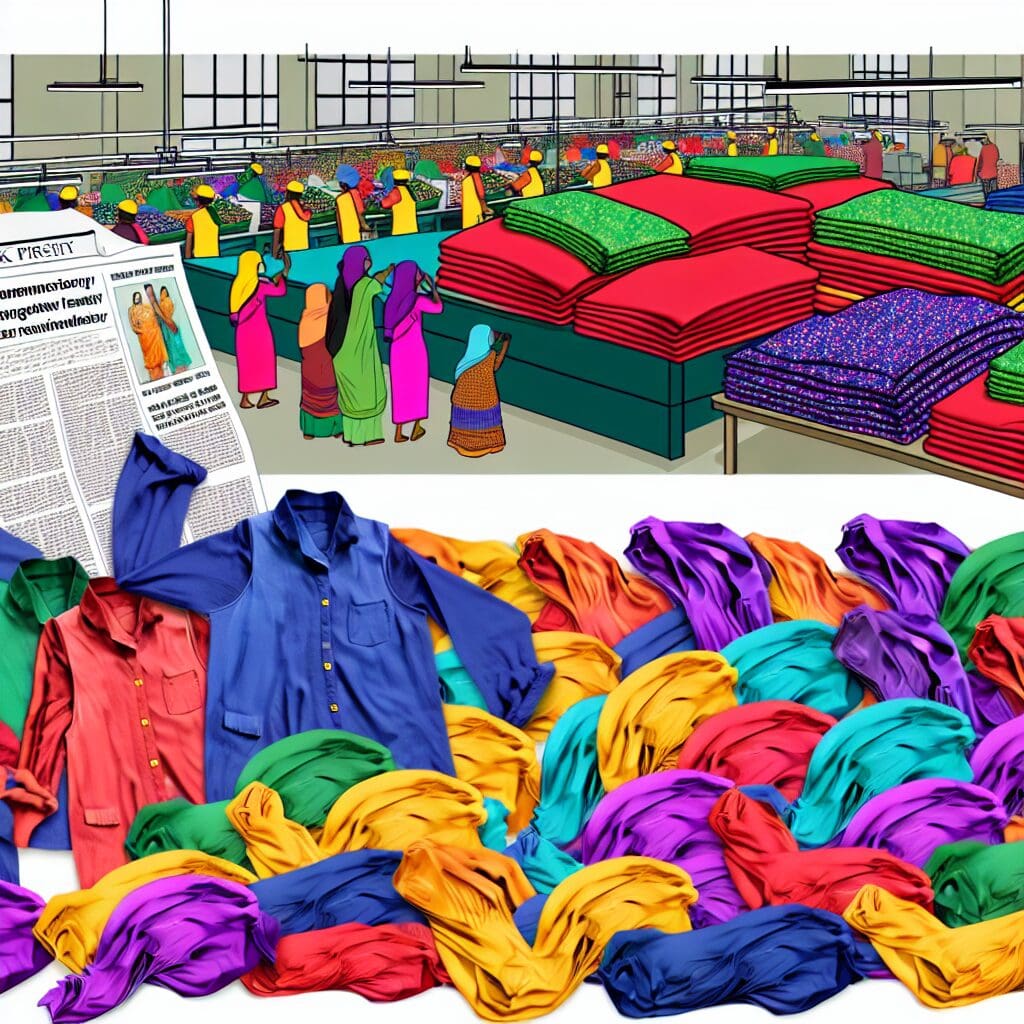In the midst of political turbulence, Bangladesh’s garment factories have resumed operations, aiming to recover from disruption caused by recent unrest. With approximately 90 percent of the country’s exports relying on this sector, the stakes are notably high. The resignation of Prime Minister Sheikh Hasina and the subsequent curfews forced many factories, including those supplying global giants like H&M and Zara, to close temporarily.
Industry leaders report that while they faced significant losses during the four-day shutdown, physical damage was minimal. Miran Ali, Vice President of the Bangladesh Garment Manufacturers and Exporters Association, expressed optimism about a quick restoration to pre-crisis production levels, buoyed by reassurances from large clients. H&M’s commitment not to impose penalties for delayed shipments is a promising sign of solidarity during this challenging period.
The estimated loss for apparel maker Urmi Garments highlights the gravity of the situation, with about $2.2 million lost across its operations. As these factories restart, the resilient workforce, largely comprising women like Razia Begum, is determined to regain their livelihoods. Their stories reflect the critical importance of the garment industry, not just for national exports but for individual survival.
Looking ahead, the International Monetary Fund predicts that the ready-made garments industry will continue to dominate Bangladesh’s $55 billion export economy. With Bangladesh standing as the third-largest clothing exporter globally, the resilience and adaptability of its garment factories will be vital in navigating the complexities of the current crisis while ensuring the sustainability of this crucial economic sector.












